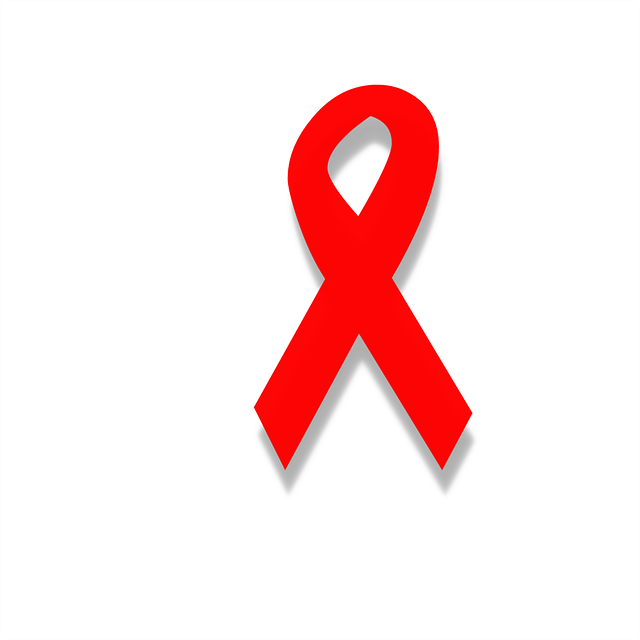AIDS (Acquired Immune Deficiency Syndrome)

AIDS is an aggressive form of HIV. HIV is an infection caused by HIV virus which affects the immune system to an extent that the affected person may become susceptible to minute infections. A person can live with HIV infection if he/she takes appropriate treatment therapy and takes appropriate care. But if proper care and treatment is not given the infection may spread and an exaggerated form of HIV infection results in AIDS.
Anti retroviral therapy is the treatment choice for HIV infection; which in combination with other medicines can prolong the life span of a person infected with the infection.
According to World Health Organization (WHO) person living with HIV can resume a high quality of life with treatment
What is a HIV infection?
Human immunodeficiency virus (HIV) is a virus that attacks immune cells called CD4 cells, which are a type of T cell. These cells are white blood cells which protect the body against infections. When HIV targets and infiltrates these cells, it reduces the body’s ability to combat other diseases. When HIV infection occurs, the risk of many infection increases and this can even lead to death of the affected person.
What is AIDS infection?
AIDS is an exaggerated form of HIV infection. In case infected person does not take treatment for HIV infection is likely to develop into AIDS as the immune system gradually weakens. However, if HIV infection if flares leads to the AIDS infection.
What causes HIV infection?
Risk of HIV infection occurs through
- Infected blood
- Infected semen
- Infected vaginal secretions
- Infected anal fluids
- Infected breast milk
HIV infection also happens due to sexual intercourse with an infected person. Sharing infected needles, syringes, HIV infection can also transfer from infected mother to child
Factors on which HIV infection spreads to AIDS
The risk of HIV progressing to AIDS varies widely between individuals and depends on many factors, including:
- Age
- Body’s internal immune system
- Health care and proper ART therapy
- Transmission of other infections
Symptoms
- For the most part, infections by other bacteria, viruses, fungi, or parasites cause the more severe symptoms of HIV.
- These conditions tend to progress further in people who live with HIV than in individuals with healthy immune systems. Normally, if internal immune system is strong it fights infections, and HIV disrupts this process. To be precise HIV virus attacks our immune system
Prevention
Preventing is the only way to prevent transmission and getting the chances of having a HIV infection. Aside from managing HIV viral load with medications, a person who lives with the disease must take precautions, including the following steps:
- Do protected sex, wear condoms to prevent other STIs.
- If one is HIV infected stay protected from infections talk to your doctor and take appropriate ART therapy
- Avoid foods that are at risk of contamination, such as undercooked eggs, unpasteurized dairy and fruit juice, or raw seed sprouts.
- Drink safe and clean water. This minimizes the chances of gastric infections
- Antibiotic, antifungal, or antiparasitic infections can be prevented with appropriate treatment therapy
Sources:
https://www.hiv.gov/hiv-basics/overview/about-hiv-and-aids/what-are-hiv-and-aids
https://www.mayoclinic.org/diseases-conditions/hiv-aids/symptoms-causes/syc-20373524
https://www.mayoclinic.org/diseases-conditions/hiv-aids/expert-answers/early-hiv-symptoms/faq-20058415
https://medlineplus.gov/hivaids.html


